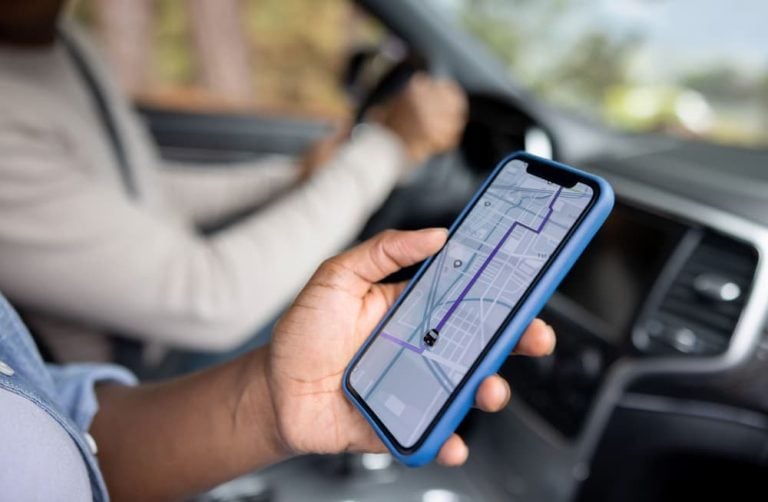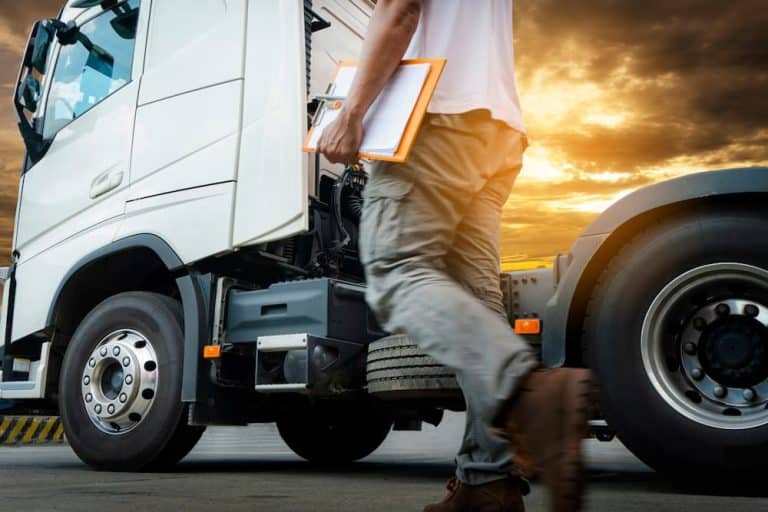A new study suggests ridesharing services are increasing accident rates. Here’s what you need to know if your Uber or Lyft gets in a crash.
A report published in late 2018 raised eyebrows across the country. It found that Uber and Lyft are increasing car accident rates.
New research suggests that Uber and Lyft are increasing accident rates, and costing a rough estimate of $10 billion in economic losses from deaths each year, according to preliminary findings of a soon-to-be released working paper shared with Forbes. https://t.co/EtnZv2qPJq pic.twitter.com/m40heP9fJH
— Forbes Under 30 (@ForbesUnder30) October 23, 2018
If you’ve recently been in an accident involving a rideshare vehicle, you probably have questions. This blog post will help answer the most pressing ones.
Are Ubers and Lyfts Commercial Vehicles?
Unlike taxis, Ubers and Lyfts are not considered commercial vehicles. Taxi passengers can simply cross off the checkbox on the police report to indicate the accident occurred in a commercial vehicle, which can often lead to larger settlements. There isn’t a checkbox on the accident report for rideshares, so unless the police officer makes a note that the vehicle is a rideshare (which they are not required to do), there will be no record the vehicle is an Uber or Lyft.
This is an important distinction for riders to be aware of because it puts a lot more responsibility on you to document the accident.
How to Document an Uber or Lyft Accident
What you do immediately following an accident can have a significant impact on your ability to collect compensation for your injuries. If you’ve been in a rideshare accident, be sure to:
- Call 911
- Speak to the police and have them make a note that a rideshare was involved
- Obtain a copy of the police report
- Get eyewitness information and names
- Take pictures of the accident scene, including the Uber or Lyft badge on the windshield
- Seek medical attention even if you believe you are uninjured
You’ll want thorough documentation of the accident because, depending on the timing, Uber and Lyft’s liabilities can drastically change.
Who is Responsible, the Rideshare Driver or Uber/Lyft?
Buckle up, because this is where we enter the gray area. When the driver of a rideshare is at fault for the accident and a person’s injuries, the type of liability coverage available depends on the driver’s status at the time of the accident.
The driver’s status will fall under one of these three possibilities:
- The driver is not logged into the Uber or Lyft app
- The driver is logged in but waiting for a passenger to request a ride
- The driver has a passenger or is on the way to pick one up
Let’s examine these one at a time:
- What happens if an Uber or Lyft driver wasn’t logged into the app at the time of the accident?
When an Uber or Lyft driver is not logged into the app, they are not driving for the company. Thus, the accident happened on personal time, so you’ll need to file a claim through the driver’s personal auto insurance policy. Read how to do this in these steps.
- What happens if the Uber or Lyft driver is logged into the app but waiting for a passenger to request a ride?
When a rideshare driver starts a shift, he or she will log in to the app and begin driving around town waiting to be assigned a passenger pickup. Uber and Lyft are both required to carry commercial liability coverage, so if the driver gets in an accident during this window–after logging in but before being assigned a passenger–injured people are partially covered by the rideshare companies’ coverage in the following amounts:
-
- $50,000 for bodily injury per person;
- $100,000 for bodily injury per accident (for all persons injured)
- $25,000 for property damage per accident.
This policy is secondary, though, which means you must first file a claim with the driver’s personal policy. Uber or Lyft should then cover any unpaid damages up to these policy limits.
- What happens when the driver has a passenger or is on the way to pick one up?
Once a ride has been confirmed by Uber or Lyft, the companies’ full liability coverage applies. In Colorado, the full amounts of this coverage are $1 million per accident.
Are Uber and Lyft Drivers Independent Contractors or Employees? Doesn’t That Change Things?
Welcome back to the gray area. There is plenty of debate in the legal world whether rideshare drivers should be considered employees or independent contractors. And this issue can become especially problematic when someone is injured in an accident. In short, companies are usually held responsible for the negligence of employees, but independent contractors are held to different standards when it comes to responsibility for their negligence.
When you download the Uber or Lyft app and summon a car, you agree to the company’s terms and conditions by default. And those terms say drivers are independent contractors. Because of this classification, rideshare companies are somewhat protected from liability in the event of an accident. They can—and often times do—try to argue their way out of having any responsibility. This loophole requires the help of an experienced Uber or Lyft accident lawyer in Colorado.
Finding Legal Help in Colorado for Complex Rideshare Cases
Uber and Lyft are massive, publicly traded companies. They have large legal teams who spend their entire days fighting lawsuits to save their companies’ money. So, if you’ve been hurt in an accident involving a rideshare driver, you’ll need experienced legal representation to fight for your fair compensation.
We have successfully achieved millions in settlements for our Colorado clients. With offices conveniently located throughout Greater Colorado, including downtown Colorado Springs, North Colorado Springs, Denver, Aurora, and Pueblo, our attorneys are here to discuss the unique circumstances of your rideshare case. Tap or click here to schedule a free consultation.


